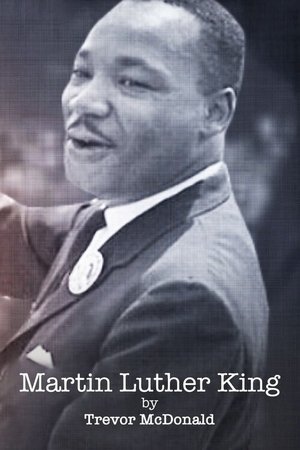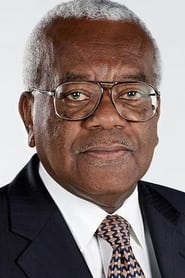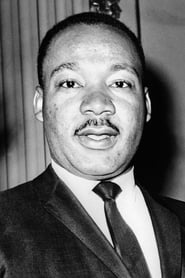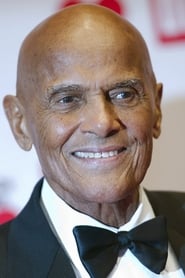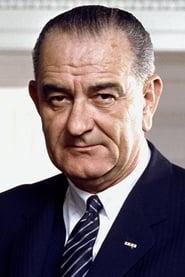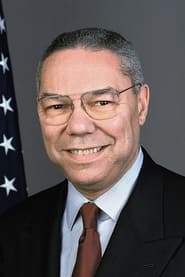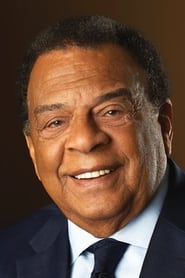
Martin Luther King by Trevor Mcdonald(2018)
On the anniversary of Martin Luther King's death, Sir Trevor McDonald travels to the Deep South of America to get closer to the man who meant so much to him.

Movie: Martin Luther King by Trevor Mcdonald
Video Trailer Martin Luther King by Trevor Mcdonald
Similar Movies
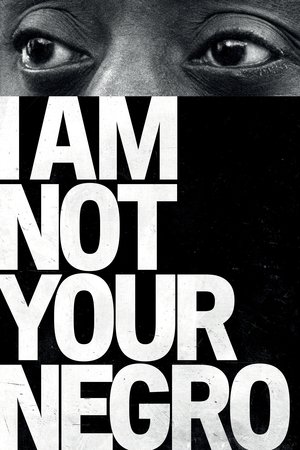 7.7
7.7I Am Not Your Negro(en)
Working from the text of James Baldwin’s unfinished final novel, director Raoul Peck creates a meditation on what it means to be Black in the United States.
 7.5
7.5Malcolm X(en)
A tribute to the controversial black activist and leader of the struggle for black liberation. He hit bottom during his imprisonment in the '50s, he became a Black Muslim and then a leader in the Nation of Islam. His assassination in 1965 left a legacy of self-determination and racial pride.
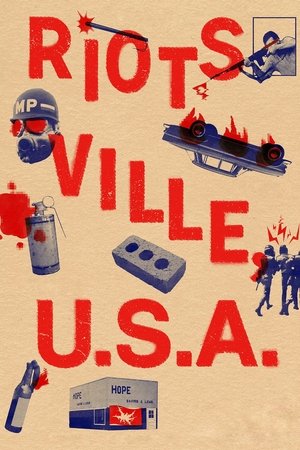 6.2
6.2Riotsville, USA(en)
An archival documentary about the U.S. military’s response to the political and racial injustices of the late 1960s: take a military base, build a mock inner-city set, cast soldiers to play rioters, burn the place down, and film it all.
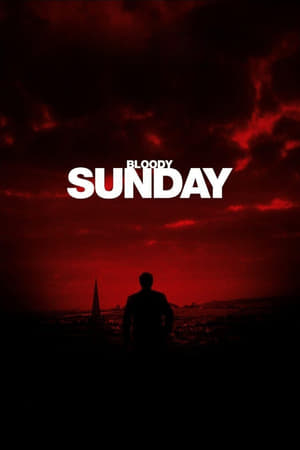 7.3
7.3Bloody Sunday(en)
The dramatised story of the Irish civil rights protest march on January 30 1972 which ended in a massacre by British troops.
 7.0
7.0Lenin kam nur bis Lüdenscheid - Meine kleine deutsche Revolution(de)
The free, almost naive view from the perspective of a child puts the "68ers" in a new, illuminating light in the anniversary year 2008. The film is a provocative reckoning with the ideological upbringing that seemed so progressive and yet was suffocated by the children's desire to finally grow up. With an ironic eye and a feuilletonistic style, author Richard David Precht and Cologne documentary film director André Schäfer trace a childhood in the West German provinces - and place the major events of those years in completely different, smaller and very private contexts.
 5.0
5.0Soul of the Desert(es)
A documentary on the road that tracks the journey by Georgina, an elderly transgender woman forced to cross the sandy peninsula Guajira, on foot, to obtain the thing she has desired for almost half a century: a document that will hand her the right to be what she has always felt she was, and will allow her, at long last, to vote.
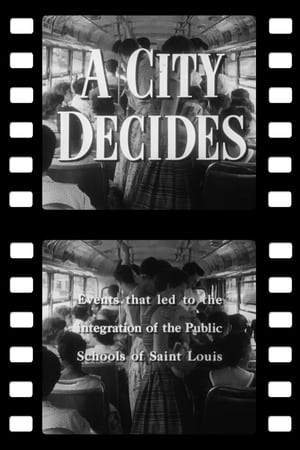 5.7
5.7A City Decides(en)
A City Decides chronicles the events that led to the integration of the St. Louis public schools in 1954. An Oscar-nominated short documentary from 1956.
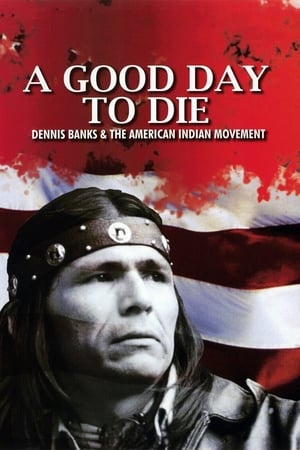 6.5
6.5A Good Day to Die(en)
Interviews and archival footage profile the life of Dennis Banks, American Indian Movement leader who looks back at his early life and the rise of the Movement.
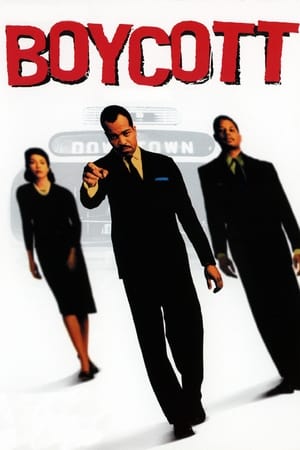 6.6
6.6Boycott(en)
This made-for-TV movie dramatizes the historic boycott of public buses in the 1950s, led by civil rights leader Dr. Martin Luther King, Jr.
 6.6
6.6Baldwin's Nigger(en)
James Baldwin and Dick Gregory discuss the Civil Rights Movement in 1960s Great Britain.
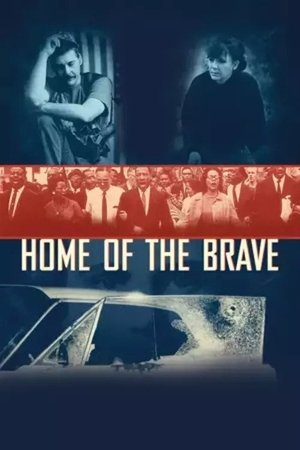 10.0
10.0Home of the Brave(en)
Documentary on the civil rights activist, Viola Liuzzo, who was murdered in 1965 as she campaigned for black suffrage in Selma, Alabama, and its effect on her family.
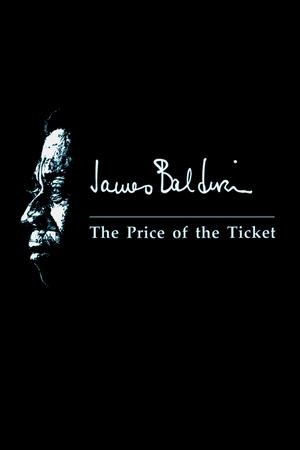 1.5
1.5James Baldwin: The Price of the Ticket(en)
James Baldwin was at once a major 20th century American author, a Civil Rights activist and, for two crucial decades, a prophetic voice calling Americans, black and white, to confront their shared racial tragedy.
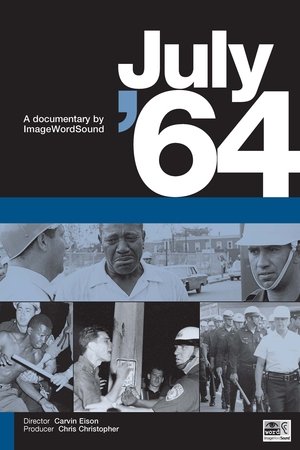 7.0
7.0July '64(en)
A historic three-day race riot erupted in two African American neighborhoods in the northern, mid-sized city of Rochester, New York. On the night of July 24, 1964, frustration and resentment brought on by institutional racism, overcrowding, lack of job opportunity and police dog attacks exploded in racial violence that brought Rochester to its knees. Combines historic archival footage, news reports, and interviews with witnesses and participants to dig deeply into the causes and effects of the historic disturbance.
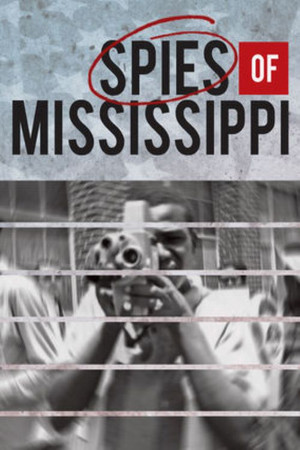 7.3
7.3Spies of Mississippi(en)
Spies of Mississippi tells the story of a secret spy agency formed by the state of Mississippi to preserve segregation and maintain white supremacy. The anti-civil rights organization was hidden in plain sight in an unassuming office in the Mississippi State Capitol. Funded with taxpayer dollars and granted extraordinary latitude to carry out its mission, the Commission evolved from a propaganda machine into a full blown spy operation. How do we know this is true? The Commission itself tells us in more than 146,000 pages of files preserved by the State. This wealth of first person primary historical material guides us through one of the most fascinating and yet little known stories of America's quest for Civil Rights.
 7.3
7.3The Red Elvis(de)
A documentary on the late American entertainer Dean Reed, who became a huge star in East Germany after settling there in 1973.
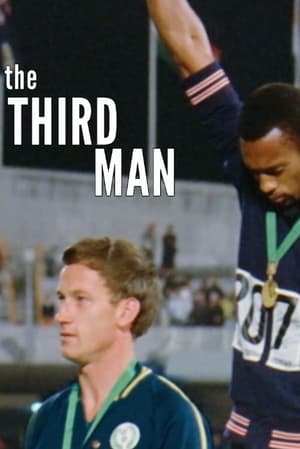 0.0
0.0The Third Man(en)
The moment where American sprinters Tommie Smith and John Carlos raised their gloved hands in defiance on the podium at the 1968 Mexico City Olympics is one of the most memorable images in sports history. But there is a third man in the photo, the white Australian who finished second to Smith and ahead of Carlos in the 200 meters. His name is Peter Norman, and he stands in quiet solidarity with them. Norman’s story is retold in this film with passion and perspective.
Vincent Who?(en)
Documentary about the murder of Vincent Chin in 1982 and the aftermath. The documentary also explores the modern Asian-American identity when so few Asian-American youths are aware of who Vincent Chin is.
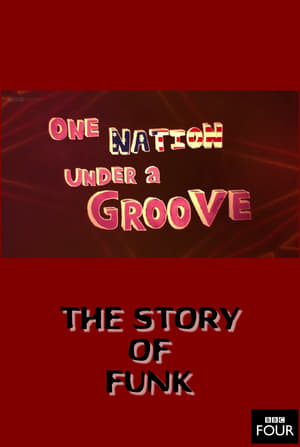 7.0
7.0The Story of Funk: One Nation Under a Groove(en)
A documentary on funk and P-funk and the bands and artists that made it all happen: James Brown, Sly Stone, George Clinton, Bootsy Collins, Maurice White and his Earth Wind & Fire, Average White Band, Kool & The Gang and lots more. It tells the story of black American music and how it evolved from funk to more main stream to disco to hiphop to contemporary R 'n B and its impact on society. Music and live footage from the bands, interviews with artists and band members of Kool & The Gang, Earth Wind & Fire, George Clinton and lots more.
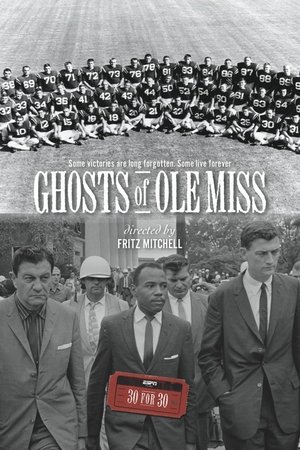 7.0
7.0Ghosts of Ole Miss(en)
In the fall of 1962, a dramatic series of events made Civil Rights history and changed a way of life. On the eve of James Meredith becoming the first African-American to attend class at the University of Mississippi, the campus erupted into a night of rioting between those opposed to the integration of the school and those trying to enforce it. Before the rioting ended, the National Guard and Federal troops were called in to put an end to the violence and enforce Meredith's rights as an American citizen.
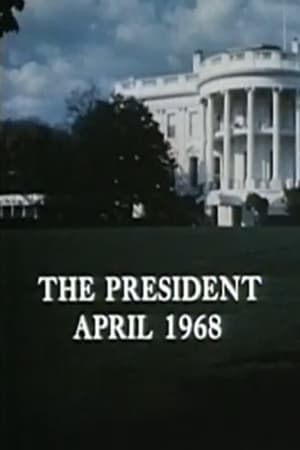 0.0
0.0The President, April 1968(en)
The film captures the pivotal events surrounding President Lyndon Johnson's historic address on March 31st, focusing on his decision to halt bombing in North Vietnam and his surprising announcement not to seek re-election. The speech aimed for peace negotiations amidst the Vietnam War, leading to diplomatic breakthroughs with North Vietnam. It also chronicles the aftermath, including societal unrest following Martin Luther King Jr.'s assassination and Johnson's efforts to maintain national unity.
